About the Project
You do not have to be me in order for us to fight alongside each other. I do not
have to be you to recognize that our wars are the same. What we must do is
commit ourselves to some future that can include each other and to work
toward that future with the particular strengths of our individual identities.
Audre Lorde, “Learning from the 60s”
Perhaps a fundamental assumption behind any oral history work is the belief that a commitment to the future demands an inclusive and nuanced archive of past stories. In “Archival Genres: Gathering Texts and Reading Spaces,” Kate Eichhorn writes: “For a new generation of readers and writers, the archive may be known only as a site of virtual storage. However, even for a generation more intimately acquainted with and attached to the material world of documents, the desktop can easily be understood as a type of archive, or gateway to the archives” (1). So, in gathering these now ever-present recollections, we create a threshold between past and future; we open up a virtual doorway to shared narratives. We become both listeners and storytellers.
This oral history project represents a partnership between Kalamazoo College and the Society for History and Racial Equity (SHARE), formerly the Southwest Michigan Black Heritage Society. SHARE seeks both to document the history of African Americans in Southwest Michigan and to foster racial equity through community programming. As part of SHARE’s Racial Healing Initiative, the Engaging the Wisdom Oral History Project brings together community members with college students. Its goals are to:
(a) engage students in meaningful activities that engender greater respect for elders in the community,
(b) build bridges across generations and ethnicities, and
(c) involve students in oral history projects that increase their knowledge of the history of the community.
Starting in 2013, students in Dr. Bruce Mills’s courses (African American Literature and a senior seminar entitled Building the Archive: James Baldwin and His Legacy) began interviewing residents of Kalamazoo regarding their experiences within and/or the influence of the civil rights movement. To prepare for the interviews, they received a two-part oral history training from Donna Odom, Executive Director of SHARE; following this training, they conducted and transcribed two one-hour interviews videotaped at the Kalamazoo College Production Studio. After the completion of the courses, SHARE staff reviewed transcriptions, created abstracts and indices, and compiled a final archival folder that included photos and other documents. While digital and DVD interviews as well as hard-copy transcriptions will exist at SHARE offices and in the Kalamazoo College Archive, this website will eventually house all of the searchable interviews and transcriptions.
This project includes three phases: Building the Archive, Publishing the Archive, and Telling the Stories. In 2015-16, along with students and SHARE staff, Bruce Mills will build the archive by guiding the interviewing and final transcription of additional oral histories within his African American Literature class. This phase will include researching, gathering, and digitizing material documents relevant to each interview. Finally, focusing on initial interviews, he will begin the process of linking transcriptions to video in order to make the oral histories searchable and thus available to students, community members, and historians. In 2016-17, he will complete the digital publication of past oral histories (between 26-28 hours of interviews), learn further technologies to produce and teach the making of mini-documentaries and podcasts, and, in conjunction with his Baldwin seminar and African American Literature, develop mini-narratives from the full-length interviews. Finally, in 2017-18, the project will focus on developing storytelling modules with the intent of producing mini-documentaries to accompany interviews.
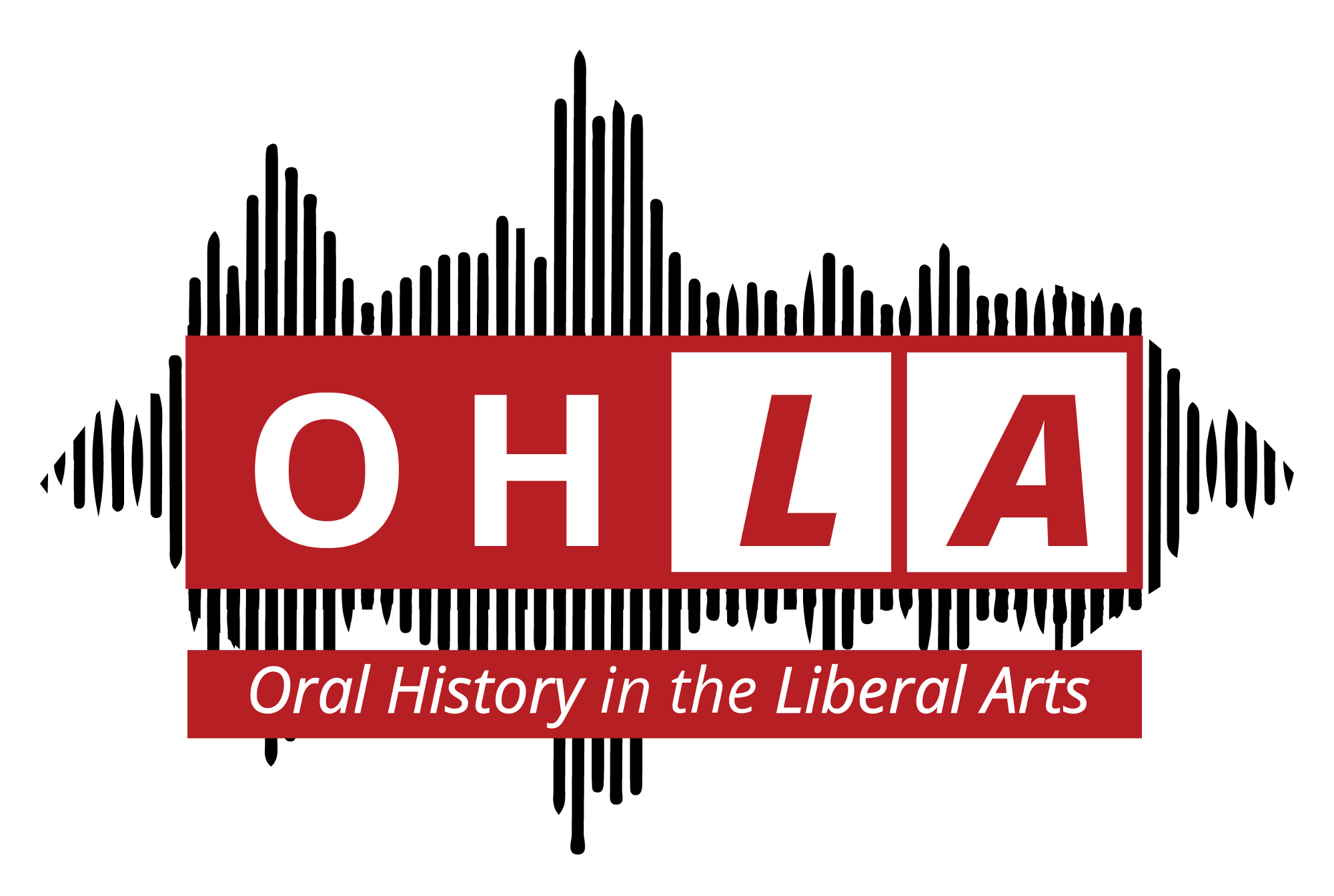

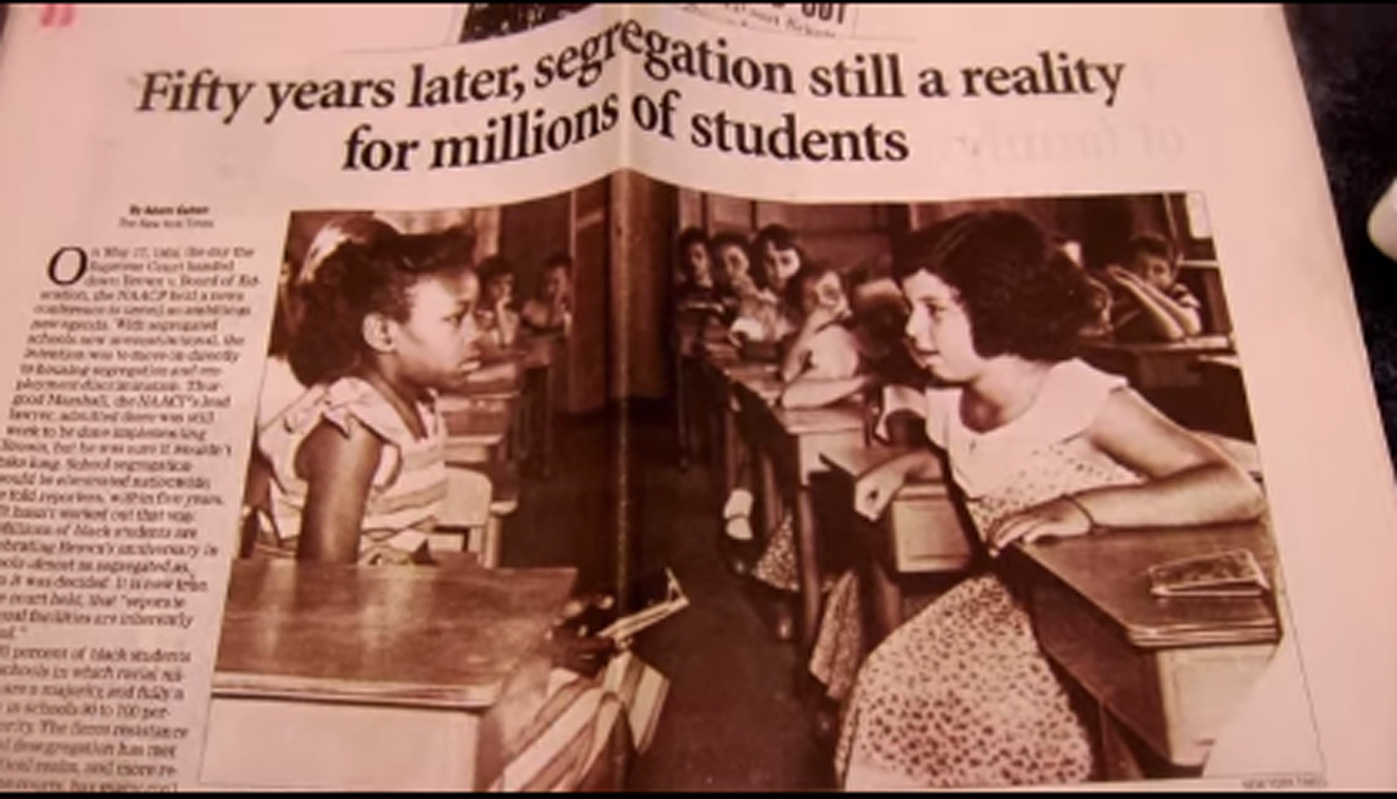
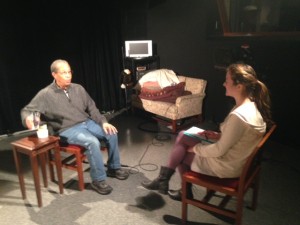
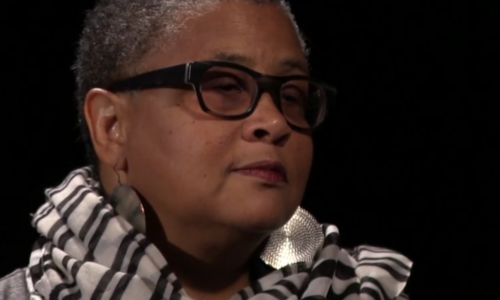

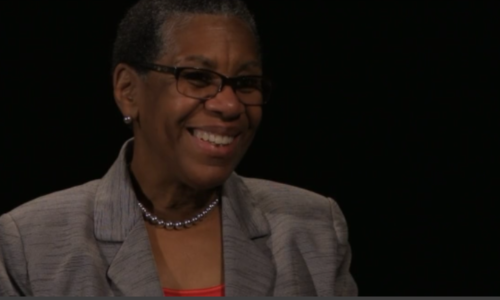
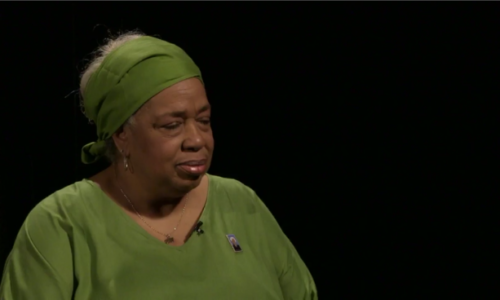
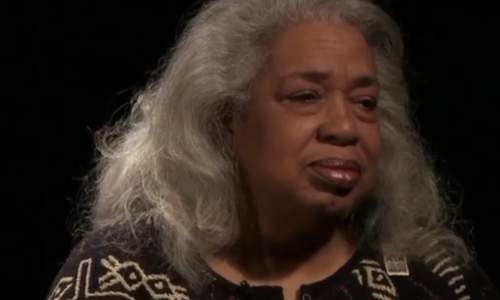
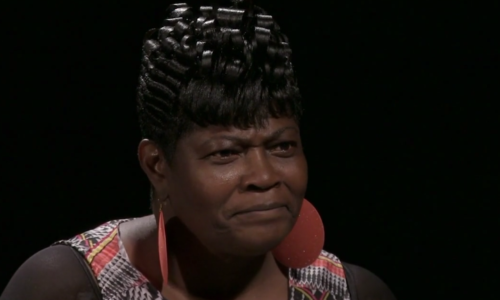
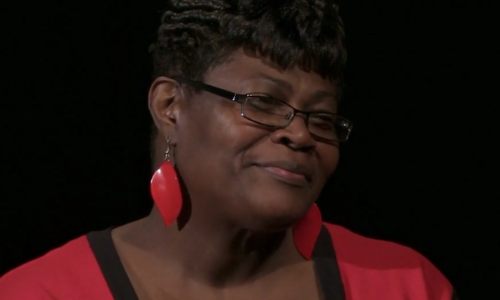
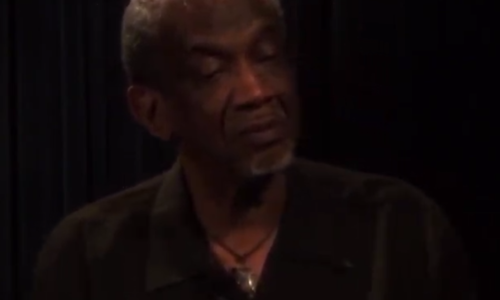
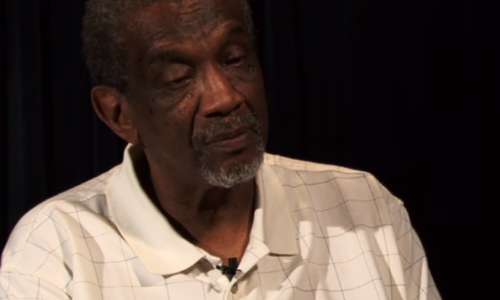
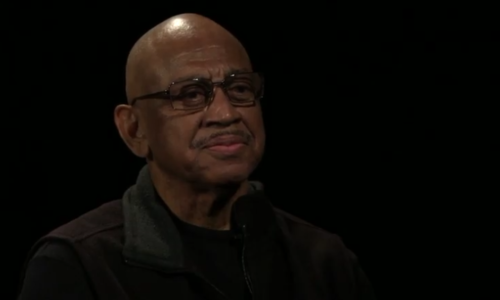
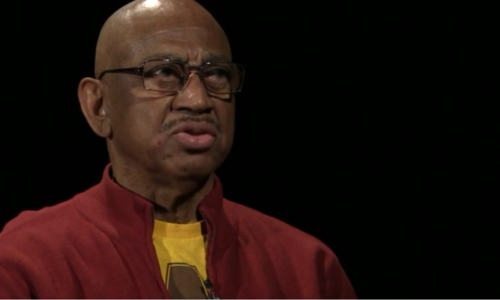
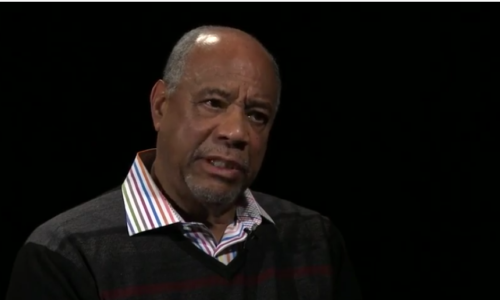

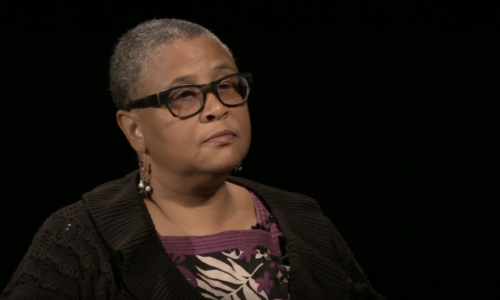
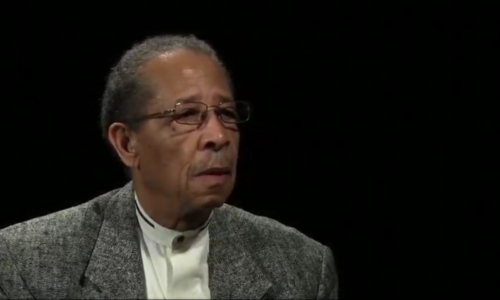
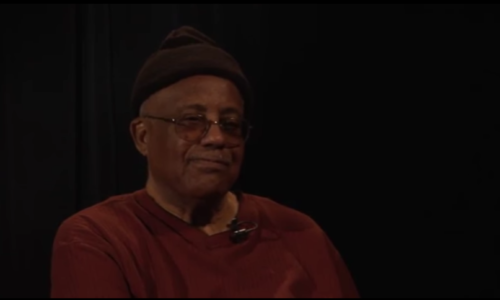
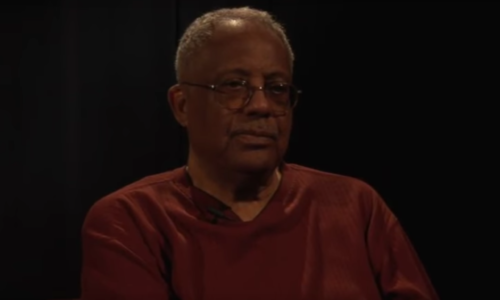
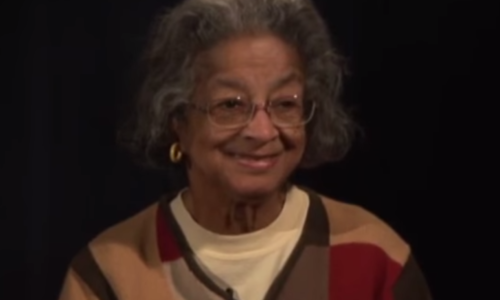






Pingback:Love Where You Live. Love One Another. - First & 42 | June 2, 2020
|